Honorary Chair
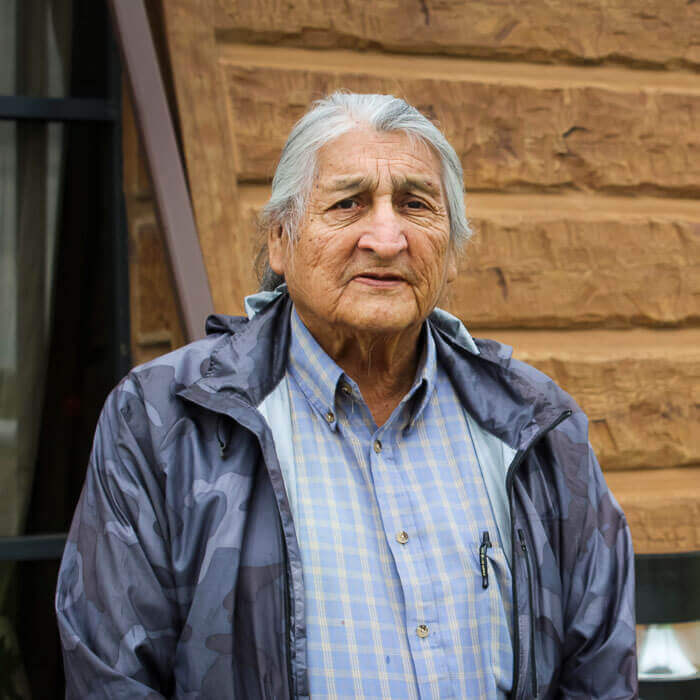
Victor Douville, PhD
Victor’s dedication to education extended beyond traditional classrooms, as he attended the Indian Management Institute at Idaho State University, earning credits in Community Development and Tribal Government. Throughout the years, he held various positions, including Education Coordinator for the Rosebud Sioux Tribe’s Community Action Program and teaching roles at St. Francis Mission and Sinte Gleska University (SGU). Victor played a pivotal role in developing Lakota Studies programs at SGU, creating associate and bachelor’s degree programs, as well as a master’s program in Lakota History and Culture. His contributions to Lakota education and culture go beyond the classroom, as evidenced by his involvement in numerous committees, museums, and cultural resource management projects.
Victor’s extensive publications, including Lakota language textbooks and monographs on Lakota history, showcase his dedication to preserving and sharing the rich cultural heritage of the Lakota people. In addition to his academic achievements, Victor Douville has actively participated in legislative and resolution drafting for the Rosebud Sioux Tribe. His memberships in professional organizations and numerous awards and honors, such as the 25-Year Service Award from SGU, highlight his significant impact and leadership in the field of Lakota education and cultural preservation.
Photo by Binesikwe Means of the Global Press Journal
Chair of Native Science
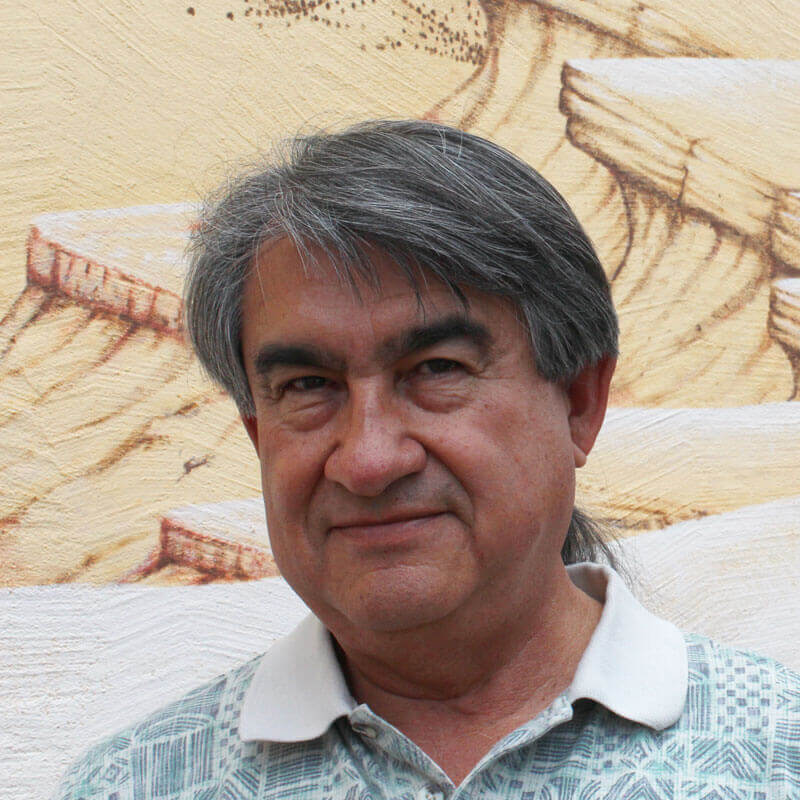
Greg Cajete, PhD
He worked at the Institute of American Indian Arts in Santa Fe, New Mexico for 21 years. While at the Institute, he served as Dean of the Center for Research and Cultural Exchange, Chair of Native American Studies and Professor of Ethno- Science. He is the former Director of Native American Studies (18 years) and is Professor Emeritus in the Division of Language, Literacy and Socio Cultural Studies in the College of Education at the University of New Mexico. In addition, he has lectured at colleges and universities in the U.S., Canada, Mexico, New Zealand, Italy, Japan, Russia, Taiwan, Ecuador, Peru, Bolivia, England, France and Germany.
Dr. Cajete has authored 10 books: “Look to the Mountain: An Ecology of Indigenous Education,” (Kivaki Press, 1994); “Ignite the Sparkle: An Indigenous Science Education Curriculum Model”, (Kivaki Press, 1999); “Spirit of the Game: Indigenous Wellsprings (2004),” “A People’s Ecology: Explorations in Sustainable Living,” and “Native Science: Natural Laws of Interdependence” (Clear Light Publishers, 1999 and 2000). “Critical Neurophilosophy and Indigenous Wisdom,” Don Jacobs (Four Arrows), Gregory Cajete and Jongmin Lee) Sense Publishers, 2010. “Indigenous Community: Teachings of the Seventh Fire,” (Living Justice Press, 2015). His most recent books are edited volumes entitled: “Native Minds Rising” and “Sacred Journeys” (John Charlton Publications, 2020). Dr. Cajete also has chapters in 36 other books along with numerous articles and over 350 national and international presentations.
Organizing Chairs
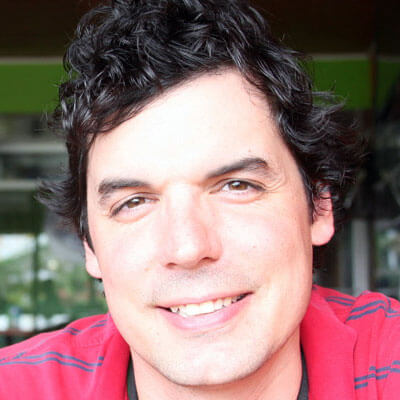
Chris Armatas, PhD
Research Social Scientist at Aldo Leopold Wilderness Research Institute, RMRS, U.S. Forest Service
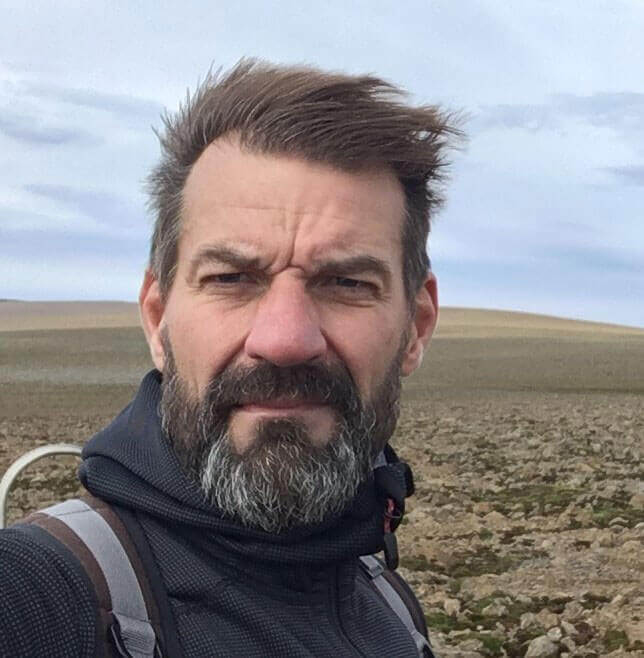
Steve Carver, PhD
Geographer, Director of Wildland Research, Professor of Rewilding and Wilderness Science at University of Leeds
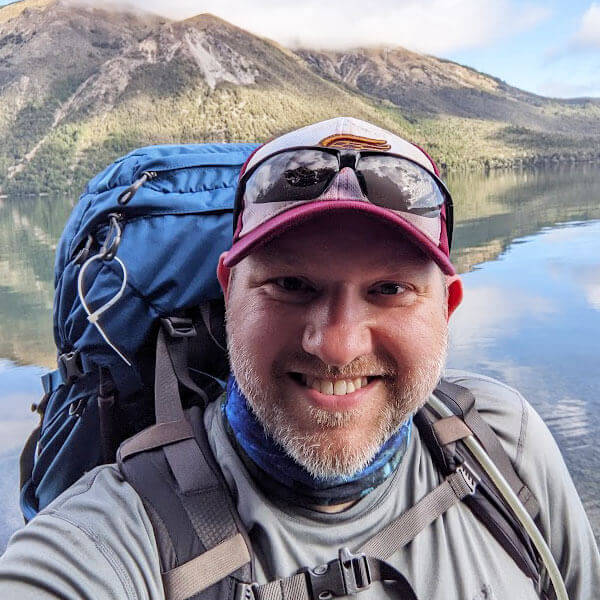
Bob Dvorak, PhD
Professor in the Department of Recreation, Parks, and Leisure Services Administration at Central Michigan University
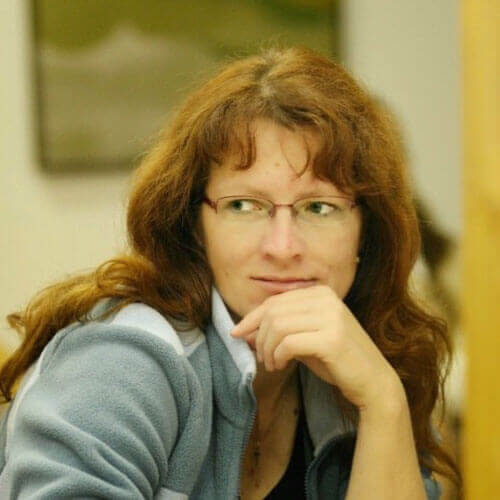
Zdenka Křenová, PhD
University Teacher at Charles University in Prague
In years 2004-2010, she worked for the Šumava National Park Administration as a Head of Department of Research and Nature Protection and has served as Deputy Director of NP from May 2007. Currently, she is a head of Department of Biodiversity, Global Change Research Institute, Czech Academy of Science. Her research is focused on conservation biology, biodiversity and climate change, management of protected areas and rare species. She is a Natura 2000 expert and interested in wilderness conservation and management.
She is teaching several conservation biology courses at the Charles University in Prague and the University of South Bohemia in České Budějovice.
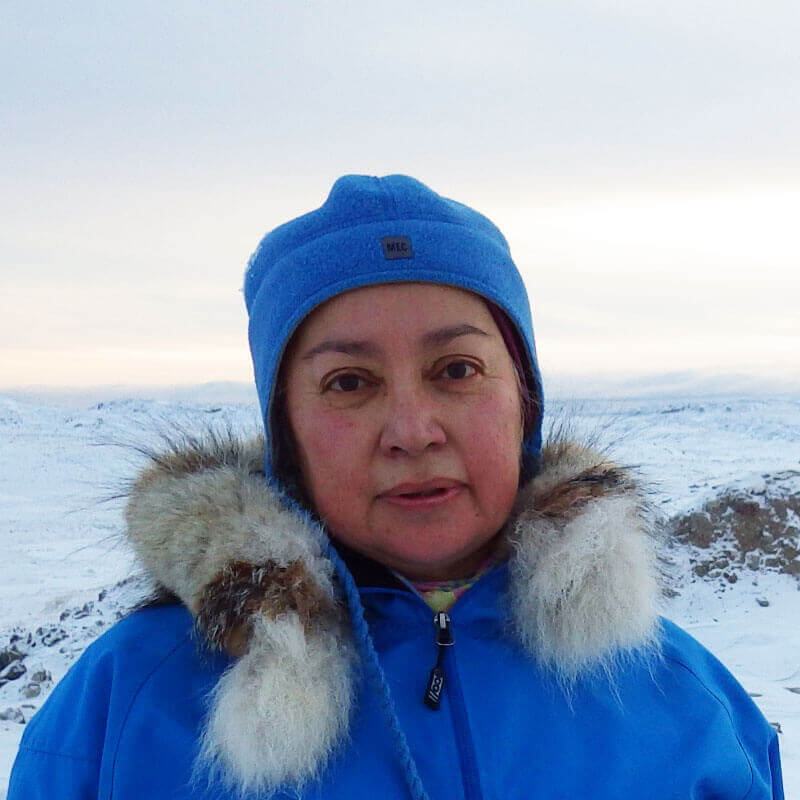
Vicki Sahanatien, PhD
Knowledge and Research Manager, Lands and Resources, Mushkegowuk Council
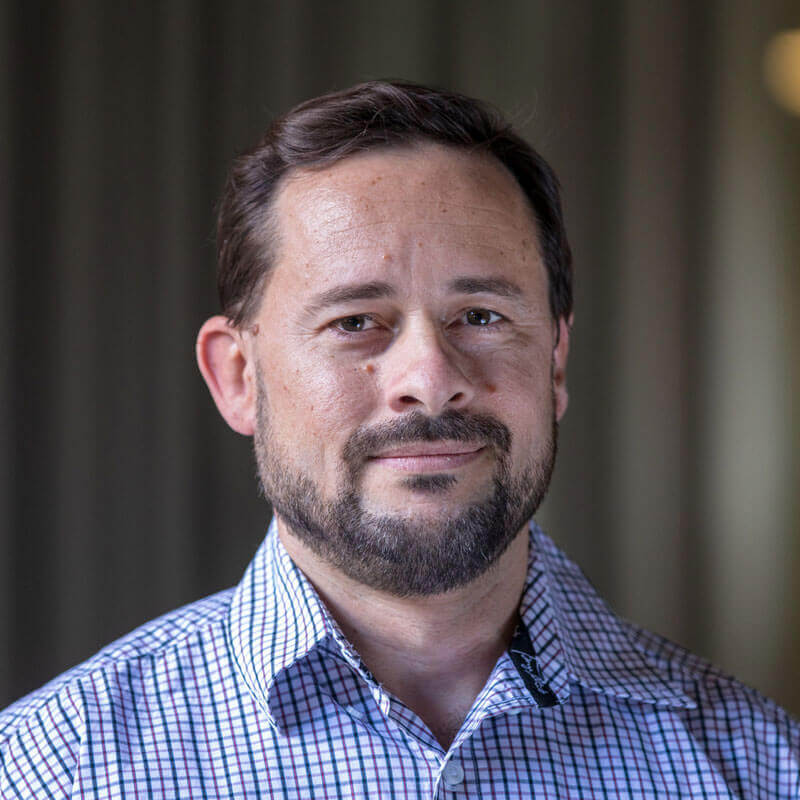
Fernando Sanchez, PhD
Director of the Elouise Cobell Land & Culture Institute, Assistant Professor at the University of Montana
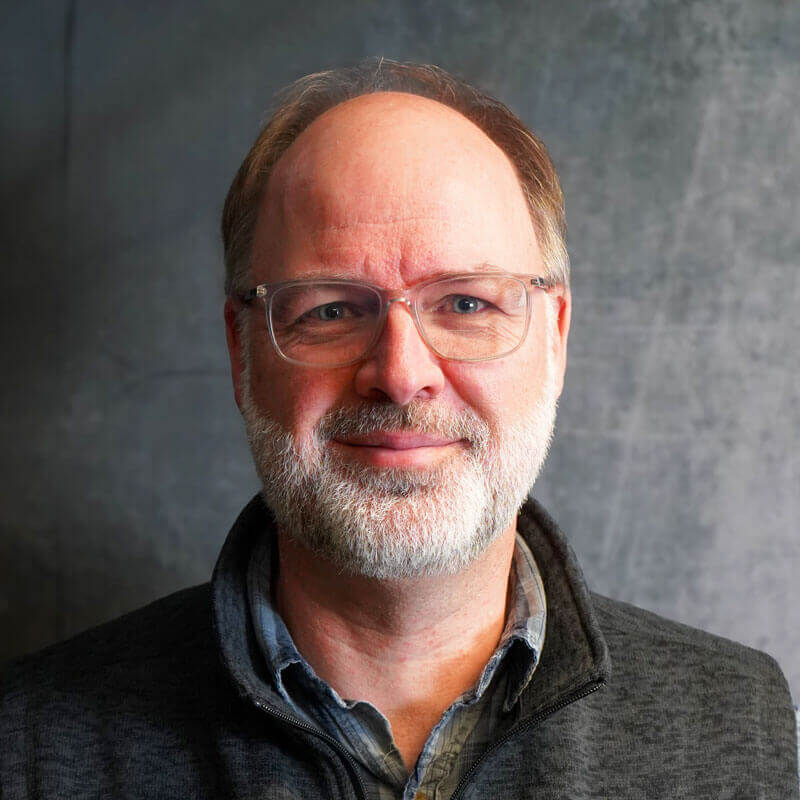
Jason Taylor, PhD
Landscape Ecologist and Director of the Aldo Leopold Wilderness Research Institute
Symposium Proceeding Chairs
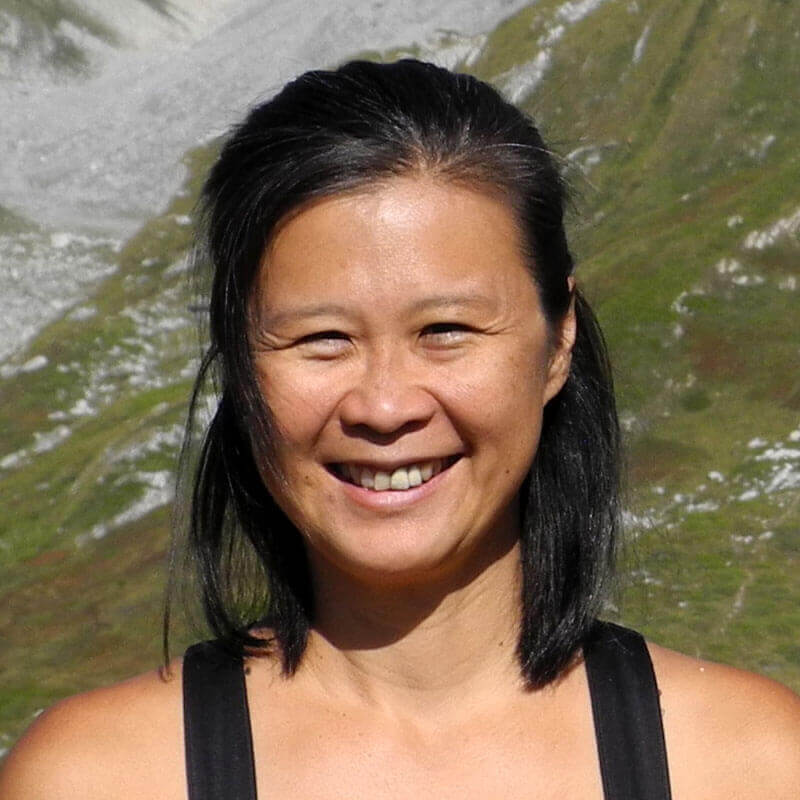
Tina Tin, PhD
Environmental Consultant living in France

Bob Dvorak, PhD
Professor in the Department of Recreation, Parks, and Leisure Services Administration at Central Michigan University

Chris Armatas, PhD
Research Social Scientist at Aldo Leopold Wilderness Research Institute, RMRS, U.S. Forest Service
Convening Chairs
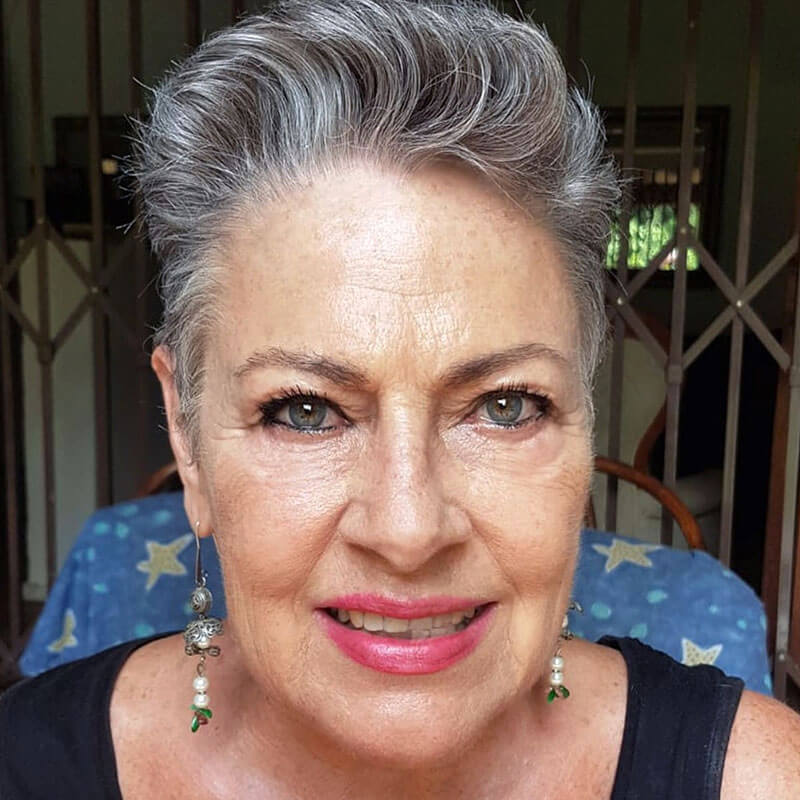
Cherryl Lynn Curry
CEO Wilderness Leadership School
Having spent her formative years in the corporate world, Cherryl was ripe for the challenge of bridging the gap between building a viable resource model and retaining the legacy of a 55 year old non-profit conservation institution, with the founder still very much a part of the evolving organisation.
Cherryl was brought in ostensibly to deal with fund raising and marketing however the dynamics of a lean non-profit organisation soon saw to her development in dealing with the many aspects of management of the renowned conservation NGO.
With no experience in the realm of conservation and NGO mechanics, much less the benchmark work of the elite band of wilderness guides, she soon realised that outside of the business aspects of the day-to-day running of the organisation, she was hopelessly out of her depth. This led to many years of learning by osmosis, being guided and mentored by Ian Player and Andrew Muir and the wilderness guides, research and the observation of the rich environment in which she now found herself. She became CEO in 2017 and navigated the multiplicity of the Covid challenges and came out the other side to ensure that the heritage of wilderness trails in Southern Africa endures to further its legacy founded on the prescient vision of Ian Player and Magqubu Ntombela in founding the Wilderness Leadership School.
“I could not have been prepared for the transformation that occurred to me on my first trail in the wilderness area of Isimangaliso” says Curry and that, for the first time in her life, she became aware of the power that the wilderness exerts on the human psyche and the evolution of spirit that this brings about. This has led to profound joy in discovery of the land and the spirit of the people of it and the wilderness areas that the network of the Wilderness Foundation Global seeks to protect.
It was at her first World Wilderness Congress in Alaska in 2005, that Cherryl appreciated the global reach and imperative of the need to protect wilderness areas around the world. As Ian Player addressed an audience of some 1200 delegates and one could hear a pin drop, the enormity of the challenge of the work ahead became apparent and is testament to the impact that these Congresses have had over their decades long existence.
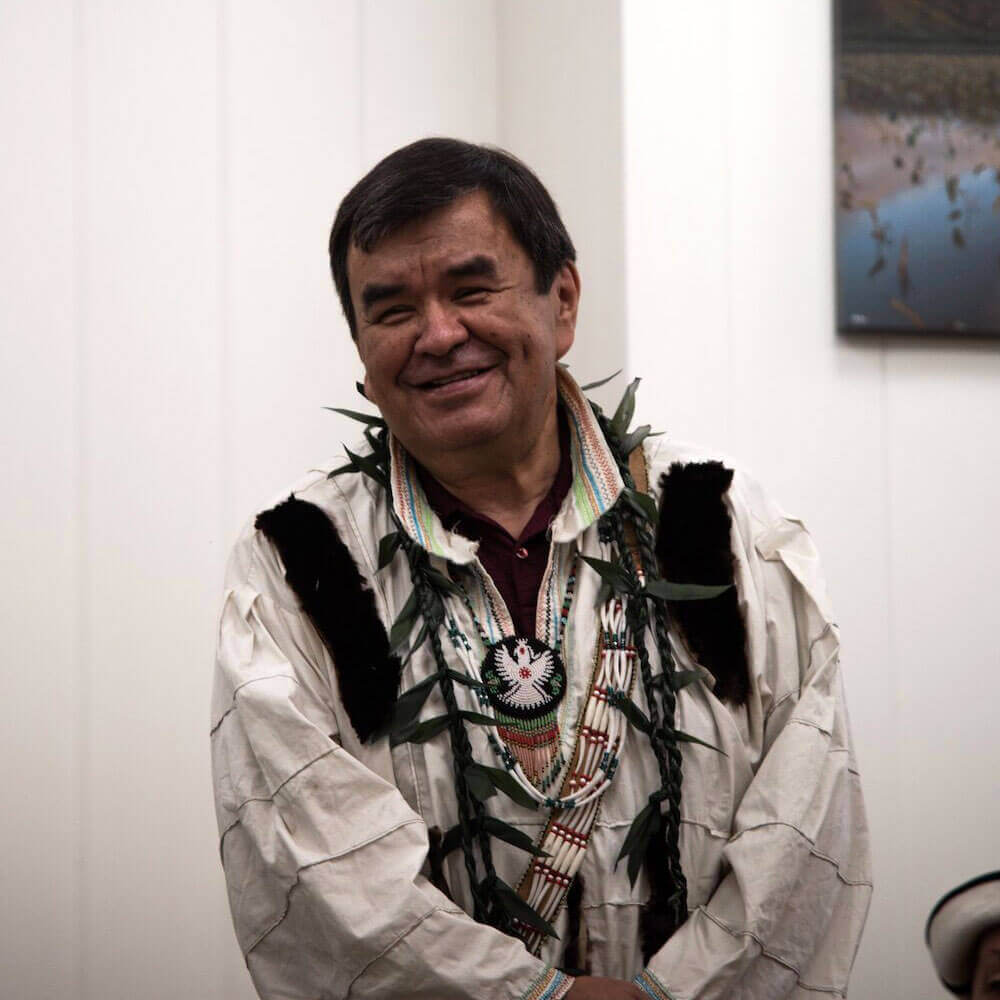
Ilarion Kuuyux Merculieff
President & Founder, Global Center for Indigenous Leadership & Lifeways; Co-founder, Wisdom Weavers of the World
“As are many Indigenous peoples, I am hopeful that we will successfully tackle the toughest issues Indigenous peoples face with regard to the human role in protecting Mother Earth and successfully implement the proposed solutions. It is also my prayer that the non-Indigenous participants come away with a deeper understanding of the value of Indigenous ways of knowing for protecting Mother Earth.”
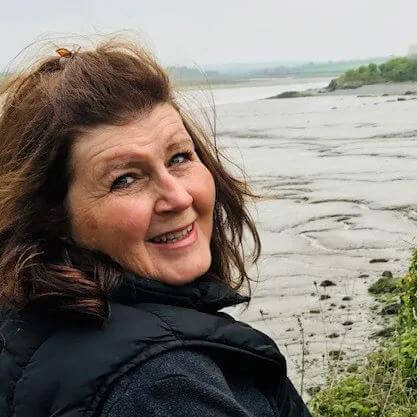
Jo Roberts
Wilderness Foundation CEO, Outdoor Therapist, Nature Advocate
South African by birth, Jo has enjoyed a rich life of wild places in many parts of Africa as she grew up. She trained and worked as a Social Anthropologist during the time of Apartheid, working mainly with rural communities. Understanding and measuring the effects of value on wellbeing and encouraging people to respect and understand the value of wilderness and nature lies at the heart of her passion in her work.
Jo has been Chief Executive of the Wilderness Foundation since 2004, and was previously involved as Projects Director and Project Coordinator since 1998, and has recently taken on a role as a commissioner for the Essex Climate Action Commission and is working with the team to ensure that the protection of nature and biodiversity shares the same energy and passion as human wellbeing and this is woven through all the work of the Foundation.
Using the extensive wilderness network and her close link to South Africa and Europe, she merges best practice from around the world into creative programmes for nature and people that suit varying climates and cultures. Jo focuses on the effects of wilderness on positive change for people and nature to empower environmental awareness and ethics. She specialised in wellbeing, behavioural issues, and mental health improvements through nature immersion.
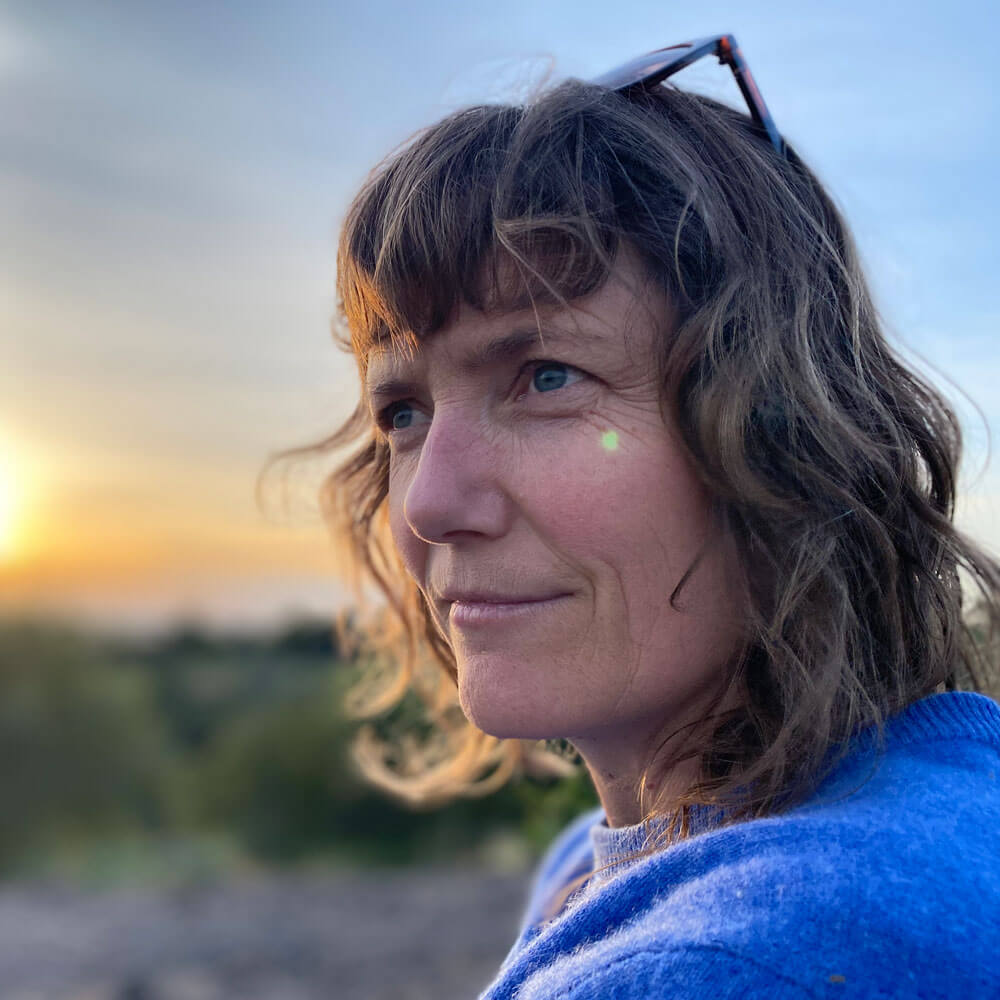
Shay Sloan Clarke
Executive Director, Global Center for Indigenous Leadership and Lifeways